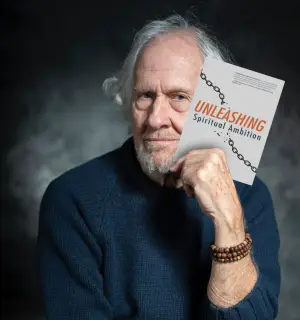Grief Is the Thing with Feathers: A Personal Reflection
When I first stumbled upon Grief Is the Thing with Feathers by Max Porter, I was drawn in by the intriguing title alone. A book about grief personified as a bird? My curiosity was piqued. I imagined a tale steeped in sorrow, yet possibly fluttering with moments of levity. What I found was a profound exploration of loss that left me breathless and emotionally spent.
The narrative centers around a father grappling with the sudden death of his wife and his efforts to raise their two young sons in a London apartment laden with grief. Into this tumultuous landscape enters Crow—an embodiment of grief, acting as both tormentor and guide. Crow’s chaotic presence cleverly captures the raw, untamed nature of sorrow. Described as a “sentimental bird,” he epitomizes the complexities of mourning, oscillating between mischievousness and compassion. Porter has crafted a character that is at once absurd and painfully relatable.
What resonated with me most was the book’s structure, blending poetry and prose in a way that feels both groundbreaking and intimate. It forced me to lean into the narrative, allowing the language to wash over me like an unrelenting tide of emotion. The writing style is rich and often lyrical, dripping with wit while also inviting introspection. Porter doesn’t shy away from portraying the heaviness of grief, but he also infuses it with unexpected humor—reminding us that even in the depths of despair, life continues to unfold, messy and chaotic.
One particularly striking passage had me reflecting on the nature of memory: "Grief is a thing with feathers that often forgets how to fly." This metaphor encapsulated the essence of what so many of us face after loss—the struggle to find our wings amidst the weight of sorrow. It’s the simple yet profound observations like these that elevate Porter’s work, making it a meditation worth revisiting.
While some readers may find the pacing a touch disjointed or the narrative style too eclectic, I believe this encapsulation of grief’s disarray mirrors the emotional landscape of mourning itself. It’s, at times, a jagged ride—raw and unfiltered, embodying the unpredictable nature of grief.
Grief Is the Thing with Feathers is not just for those who have recently faced loss; it’s an exploration worth considering for anyone interested in the intricacies of human emotion. Whether you’re a parent, a partner, or simply someone navigating the winding paths of relationships, this novella will resonate deeply.
In the end, Porter’s debut left me feeling seen—in my own grief and vulnerabilities. It is a book I would recommend wholeheartedly, particularly for those who’ve wrestled with loss and found themselves searching for language to articulate their pain. This is a story that will linger, hauntingly beautiful, long after the last page is turned.
You can find Grief Is the Thing with Feathers: A Novel here >>






